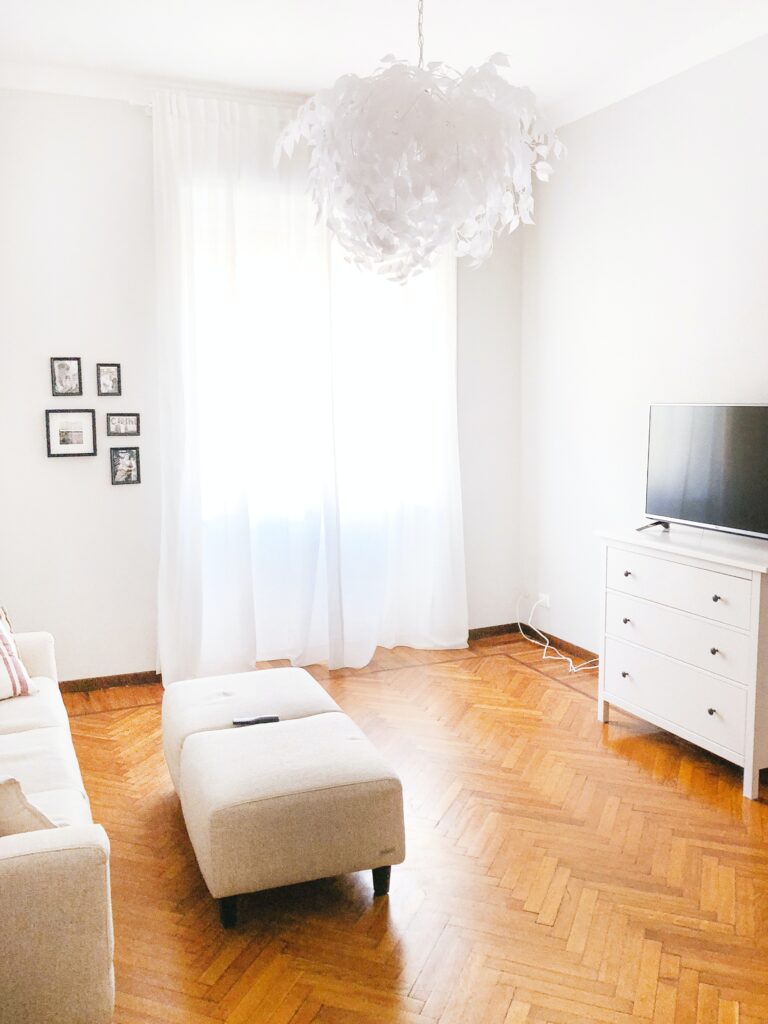Freedom With Your Space
Picture this: you eagerly anticipate returning to your apartment after a hectic day. You envision it as you left it – a personal sanctuary of tranquility and privacy. The idea of coming home to chaos, with an apartment full of strangers, their pets running around, utilities in overdrive, and your food disappearing, isn’t anyone’s dream. Who wants to step into such havoc and confusion? The good news is, you don’t have to. By selecting a suitable roommate, you can enjoy the “freedom with your space” to design your living space as you wish, maintaining control over your environment and avoiding these common issues. It’s all about finding the perfect roommate who values your space and freedom as much as you do.
Inside this haven, you can explore the pros and cons of having a roommate, enjoying the company of someone who respects your space and shares expenses fairly. Also, you pay for what you use or feel loneliness and boredom. Your apartment becomes a dynamic space for privacy and companionship, a haven of serenity in a bustling world.
Freedom With Your Space
The freedom of having your own space, undisturbed and tailored to your preferences, is a beautiful thing. When you have a roommate, it’s like adding an extra layer to your personal space. That’s why creating an excellent roommate bond and fostering a pleasant living situation is essential. Here, we’ll delve into how this added layer of shared space can be a positive and enriching experience, allowing you to enjoy the best of both worlds – “freedom with your space,” personal freedom, and companionship.
The importance of clear and open communication cannot be overstated in roommate dynamics. It is the linchpin of a prosperous and harmonious shared living situation. Healthy relationships, including those with roommates, thrive on effective communication. In this context, it means having the courage to express your expectations, boundaries, and preferences clearly. By doing so, you learn more about each other and prevent potential conflicts and misunderstandings. It’s about forging that essential connection with your roommate, built on mutual understanding and respect for each other’s space and needs. This communication extends to being aware of your roommate’s daily routines, from class schedules to sleeping habits. Such attentiveness paves the way for a comfortable and considerate living environment where both parties feel heard, valued, and at ease.
Split Responsibilities
Dividing responsibilities is crucial to maintaining a harmonious and functional environment when sharing your living space. Start by creating a comprehensive list of duties and responsibilities. Often, taking turns is the fairest way to manage tasks, but also consider each person’s preferences and strengths. If your roommate enjoys a particular responsibility, let them take the lead on it. To ensure clarity and consistency, establish a schedule that’s visible to all. This not only facilitates open communication but also streamlines daily life. Remember, equally participating in keeping your space clean and orderly is a shared responsibility, creating a pleasant and organized living environment. Regarding finances, discuss how you want to share expenses such as rent or mortgage, internet, and utility bills. Establishing these responsibilities and agreements is key to a successful, stress-free roommate arrangement.
Maintaining a positive roommate relationship relies heavily on setting clear boundaries. Begin by being considerate of each other’s personal space. Respect the sanctity of each individual’s area, allowing for privacy and personalization. Next, identify the shared spaces within your living arrangement. Knowing which areas are communal and private helps prevent misunderstandings and conflicts. Above all, politeness is the glue that holds these boundaries together. Always ask for permission before taking any of your roommate’s possessions, and make a point to refill or replace any shared items or food. These simple yet essential practices foster a considerate and respectful living environment, ensuring that your shared space remains harmonious for all involved.
Keeping an open mind is a crucial element in shared living. It’s the key to avoiding conflicts and fostering a harmonious environment. Respecting your roommates, who may have different lifestyles, cultural backgrounds, viewpoints, or ideologies, is where it all begins. Embrace this diversity and consider others’ opinions and choices with an open heart and mind. This attitude of respect and understanding can go a long way in creating a peaceful and enjoyable living atmosphere.
Practicing kindness is not just a virtue; it’s a fundamental necessity. Treating your roommate with the same respect and consideration you wish to receive fosters an atmosphere of cooperation and goodwill. This kindness extends to various aspects of daily life, from respecting each other’s personal space to being mindful of shared responsibilities and expenses. It means considering your roommate’s opinions, choices, and lifestyle with an open mind and an empathetic attitude. Ultimately, kindness paves the way for a positive, mutually beneficial living arrangement, making the shared living space more than just a place to reside – it becomes a place of friendship and comfort.
Resolve Conflict As Early As Possible
Addressing conflicts is an essential part of maintaining a peaceful living environment. Conflicts can arise from seemingly trivial causes, and it’s important to acknowledge that they are an inevitable aspect of shared living. Whether it’s a heated disagreement with your roommate or a minor issue, addressing conflicts as early as possible is best. Doing so can prevent them from escalating and potentially damaging your relationship with your roommate. Remaining calm and discussing the issue openly is often the most effective way to find a resolution and ensure a harmonious cohabitation.
Conclusion
In conclusion, the path to a fulfilling shared living experience with a roommate centers around embracing “freedom with your space.” This concept extends beyond physical boundaries and encompasses the creation of a strong, respectful bond where you can genuinely express yourself and coexist harmoniously. Through effective communication, mutual respect, shared responsibilities, and prompt conflict resolution, you can cultivate an enduring and enjoyable living arrangement that allows everyone to thrive while respecting one another’s individuality.

